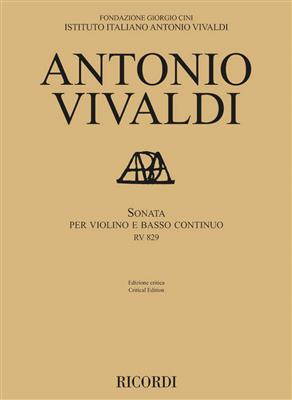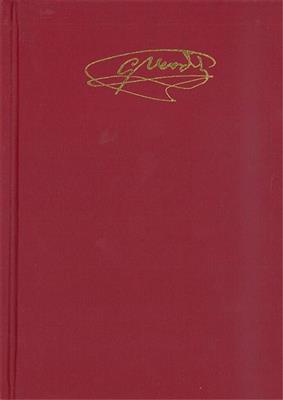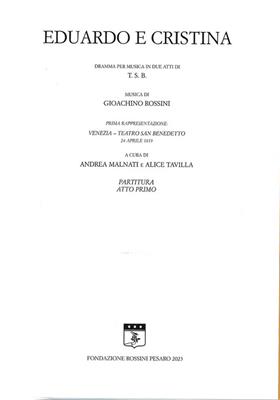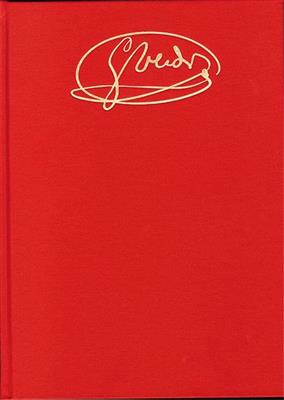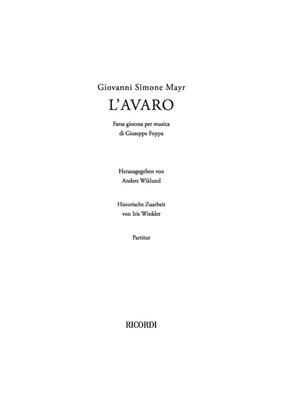Dixit Dominus RV 595
Ed. critica M. Talbot - Riduzione per canto e pianoforte di A. Frigé
COMPOSITEUR:
Antonio Vivaldi
ÉDITION MUSICALE:
Ricordi
TYPE DE PRODUIT:
Réduction pour voix et piano
INSTRUMENT GROUP:
Chant
The Dixit Dominus RV 595 shares a key and some further characteristics with the better-known setting of the same psalm, RV 594, but differs from it markedly: first, in being scored for an undivided ensemble (i.e., not “in due cori”): second, in belonging to Vivaldi’s first period of sacred music
Spécifications
| Subtitle | Ed. critica M. Talbot - Riduzione per canto e pianoforte di A. Frigé |
| Compositeur | Antonio Vivaldi |
| Édition musicale | Ricordi |
| Instrumentation | Vocal and Piano Reduction |
| Type de produit | Réduction pour voix et piano |
| Instrument Group | Chant |
| Style Period | Baroque |
| Année d'édition | 2017 |
| ISBN | 9788881920310 |
| ISMN | 9790041416229 |
| Style Period | Baroque |
| Collection | UMPC Critical Editions |
| Nombre de pages | 88 |
| No. | CP 14162200 |
| Release Date | 13/11/2017 |
Description
The Dixit Dominus RV 595 shares a key and some further characteristics with the better-known setting of the same psalm, RV 594, but differs from it markedly: first, in being scored for an undivided ensemble (i.e., not “in due cori”): second, in belonging to Vivaldi’s first period of sacred music composition, around 1715, rather than to a later period. There are stylistic parallels, too, with Vivaldi’s two Gloria settings, RV 588 and RV 589. Three of the eleven movements making up RV 595 use borrowed material, which in two instances is taken from movements by unknown composers in Vivaldi’s own collection, and in one instance (heavily disguised), from a published madrigal(1705) by Antonio Lotti. The borrowings are absorbed extremely well into the fabric of the setting and do not disrupt its well-unified character. Among the high points of RV 595 are its opening pair of moments the first bustling and the second poignantly reflective and the fourth movement, “Tecum principium”, where two obbligato cellos enter into dialogue with two sopranos. This Dixit Dominus, preserved uniquely in Prague, ranks among Vivaldi’s finest large-scale sacred vocal compositions. The Introduction and Critical Commentary for this vocal score are based on the Critical Edition by Michael Talbot published in 1993.


 Australia
Australia
 Bosna i Hercegovina
Bosna i Hercegovina
 Canada
Canada
 Česká republika
Česká republika
 Danmark
Danmark
 Deutschland
Deutschland
 Eesti
Eesti
 España
España
 France
France
 Hrvatska
Hrvatska
 Ireland
Ireland
 Ísland
Ísland
 Italia
Italia
 Latvija
Latvija
 Lëtzebuerg
Lëtzebuerg
 Liechtenstein
Liechtenstein
 Lietuva
Lietuva
 Magyarország
Magyarország
 Malaysia
Malaysia
 Malta
Malta
 Nederland
Nederland
 New Zealand
New Zealand
 Noreg
Noreg
 Österreich
Österreich
 Polska
Polska
 Portugal
Portugal
 România
România
 Slovenija
Slovenija
 Slovensko
Slovensko
 Srbija
Srbija
 Suid-Afrika
Suid-Afrika
 Suomi
Suomi
 Sverige
Sverige
 Svizzera (DE)
Svizzera (DE)
 Türkiye
Türkiye
 United Kingdom
United Kingdom
 United States
United States
 Ελλάδα
Ελλάδα
 Κύπρος
Κύπρος
 България
България
 Россия
Россия
 Україна
Україна
 ישראל
ישראל
 المملكة العربية السعودية
المملكة العربية السعودية
 مصر
مصر
 대한민국
대한민국
 中国
中国
 新加坡
新加坡
 日本
日本
 香港特別行政區
香港特別行政區
 Other
Other








